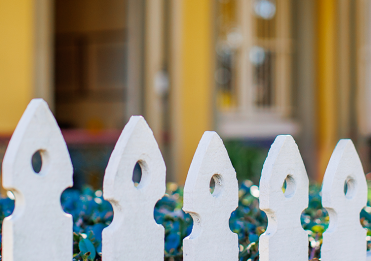Your Honour,
Today I fight for justice for our feline friends. While cats are some of the friendliest and cutest companions, they’ve also been dubbed as too nosy, too curious. There’s a famous story about a cat who explores an apartment building. After climbing up several stairs, ladders, and windowsills, the cat falls to its death. Like they said, ‘Curiosity killed the cat’. Perhaps the cat here is a metaphor for our society.
Your Honour, from our first breath, we are conditioned to suppress our curiosity, to suppress our imagination, and to suppress our creativity.
Exhibit A: Curious George. As much as this show taught five-year-old me that adopting a pet monkey is almost never a good idea, it also really sent home a big message: that being curious only gets you into trouble. Is this what we want future generations to grow up believing?
We source most of our newfound knowledge from the internet, but in believing that we know everything there is to know, we ironically restrict our own curiosity. Our superpower has become our weakness. It’s like we want our seeds of curiosity to grow into plants, trees, even forests, but instead of watering them, we trample on them. Rather than labelling curiosity as disastrous, harmful, and inconvenient, we need to realise it’s desirable, helpful, and important.
Exhibit B: Inventions such as X-rays, trains, and light bulbs completely revolutionised life as we know it. These forests were shared with the world; the seeds dispersed by the wind of curiosity. But why is it that as a child, curiosity is condemned, but then as adults, inventors like Thomas Edison, Nikola Tesla and Steve Jobs are applauded after stemming inventions from curiosity? Curiosity must be encouraged from a young age to further science, technology, and innovation.
Your Honour, I present Exhibit C. A recent example of the power of curiosity is the breakthrough in human gene editing. Parents will soon be able to choose their unborn baby’s eye colour, height, even biological sex. But curious people are starting to question the ethics because it may encourage unrealistic beauty standards, cause further discrimination, and completely derail what makes us individually unique.
So, curiosity isn’t just about science, technology, and innovation, but also about ethics, morality, and human rights. We need to be more curious about ourselves and our humanity. History repeatedly shows us that when we start to ask questions, we create change. When Rosa Parks questioned why there was racial segregation everywhere, she made a change. When women questioned why they didn’t have the same rights as men, they made a change. When we questioned why police brutality time and time again affected people like Philando Castile and Breonna Taylor, we made a change. Asking questions shapes our morals, values, and beliefs.
Your Honour, excuse me, but for the younger jurors in the courtroom, I have to disagree with Zac Efron on this one incident, when in High School Musical, he sang, and I quote, ‘Stick to the status quo’. The status quo allows for discrimination. The status quo silences #unpopularopinions. The status quo restricts curiosity, concealing the truth and hindering beautiful change.
And so, back to my client, the cat of society. Curiosity didn’t kill the cat—it cured the cat. Curiosity removed the splinter of discrimination from its injured paw, curiosity healed its black-and-white sight, and curiosity bandaged its limping leg which held it back from progress.
Don’t take the conventional opinion as fact, and don’t be afraid to voice your own. I stand in front of you today, inviting you not to reject curiosity, but to rejoice in it; not to dismiss it, but to defend it; and not to merely endure it, but embrace it. Knowledge is power, education is empowerment, and curiosity is the cure.
I rest my case.
Thank you.
Tung-Hi Ma (10H)


